Do Your Research
When it comes to buying a house, one of the most important steps you can take is to do your research. Knowing what you want and what you can afford are two of the most important things to consider when it comes to negotiations. Taking the time to research the market, the neighborhood, and the specific house you want will put you in a much stronger position to negotiate a better price.
Before you start looking for a home, it’s important to have a clear picture of what you want and how much you can afford. Knowing your budget and your ideal home’s requirements will help you find the right house. Researching the local market can also give you valuable insight into the current market conditions, home prices, and what amenities are available in the area.
Once you’ve identified the home you’re interested in, it’s time to start researching the home itself. Find out the current market value of the home, any recent upgrades the home has received, and any other features or amenities that might be attractive to buyers. This information can help you determine how much to offer for the home.
When you’re ready to make an offer, it’s important to have as much information as possible. Learn as much as you can about the seller, their motivations, and any other factors that might be impacting the sale. Knowing this information can help you make a more informed and strategic offer.
Finally, you can also use your research to uncover any potential weaknesses in the seller’s position. Knowing the seller’s timeline, financial constraints, or other factors can give you an advantage during the negotiation process.
Doing your research is one of the best strategies for negotiating a better home price. Taking the time to research the market, the neighborhood, and the home itself can help you make an informed and strategic offer. Knowing the seller’s motivations can also give you an edge in the negotiation process. By doing your research and being prepared, you can get the best possible deal on your new home.

Be Prepared to Negotiate
Negotiating a better home price can be a daunting task, but with the right strategy, you can make sure you get the best deal possible. Being prepared is the first step to making sure you get the best deal. Before you start negotiating, take some time to do your research. Look at the other home prices in the area and compare them to the home you are interested in. You should also have a good understanding of the local market and what your target price should be. Knowing what the seller is looking for in terms of price and terms can also help you be better prepared for the negotiation.
It is also important to be aware of the seller’s motivations. If you can understand why the seller is selling, you may be able to use that to your advantage. For example, if the seller is motivated by a quick sale, you may have more bargaining power than if the seller is looking for top dollar. Knowing the seller’s motivations can help you better position yourself in the negotiation.
In addition to doing research and understanding the seller’s motivations, it is also important to be creative in your negotiations. Think outside the box and come up with creative solutions that work for both parties. For example, if the seller is looking for a quick sale, you may be able to offer to pay a higher price in exchange for a quicker closing. Or, if you can’t agree on a price, you may be able to offer to pay a higher price in exchange for the seller taking care of certain necessary repairs.
Finally, it is important to remember that negotiation is a two-way street. Be respectful and reasonable, and make sure you listen to the other party’s point of view. Don’t be afraid to ask for what you want and be willing to compromise in order to reach a deal that works for everyone.
Negotiating a better home price can be a daunting task, but with the right strategy, you can make sure you get the best deal possible. Doing your research, understanding the seller’s motivations, being creative in your negotiations, and remembering that negotiation is a two-way street can all help you be better prepared to negotiate a better home price. With the right strategy, you can make sure you get the best deal possible and be happy in your new home.
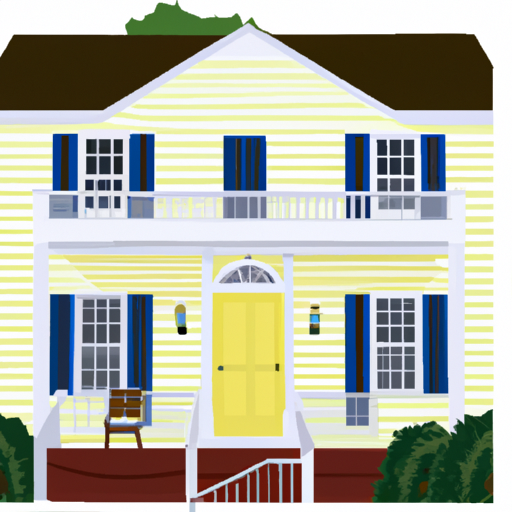
Understand the Market
When it comes to negotiating a better home price, one of the most important steps is to understand the market. Understanding the market is essential for any home buyer or seller, as it will give them an idea of the current market trends and the pricing of similar homes in the area. Whether you’re selling your home or buying a new one, it’s important to understand the market and its factors.
Before negotiating a better home price, it’s important to get a good grasp on the current market trends. This can be done by researching the market, looking at current listings, and getting an understanding of what other homes in the area are going for. This can help you get an idea of the market value of a potential home, and can also give you an idea of what’s reasonable to ask for in terms of a sale price.
It’s also important to understand the local housing market. Take the time to research the area, the current market trends, and the home values in the area. This can help you get a better sense of what to expect from the current market, and give you an idea of what’s a reasonable price for a home.
Once you have an understanding of the market, you can start to research potential home buyers or sellers. Look for potential buyers or sellers who are motivated to sell or buy, as they may be more likely to accept a lower price. Also, look for potential buyers or sellers who have experience in the area, as they may have more insight into the local market and be able to give you a better idea of what to expect from the pricing.
It’s also important to research the home you’re interested in before negotiating a better home price. Research the home’s history, the condition of the home, and any potential upgrades or repairs. This can give you an idea of how much the home is worth and can help you determine a reasonable price for the home.
Finally, it’s important to research the area’s current market trends and prices. This can help you determine if the home you’re interested in is overpriced or underpriced. Knowing this can help you make an informed decision when it comes to negotiating a better home price.
Understanding the market is key to negotiating a better home price. By researching market trends, potential buyers or sellers, and the home you’re interested in, you can get a better sense of the current market and make an informed decision. With a bit of research and knowledge, you can find a great home at a great price.
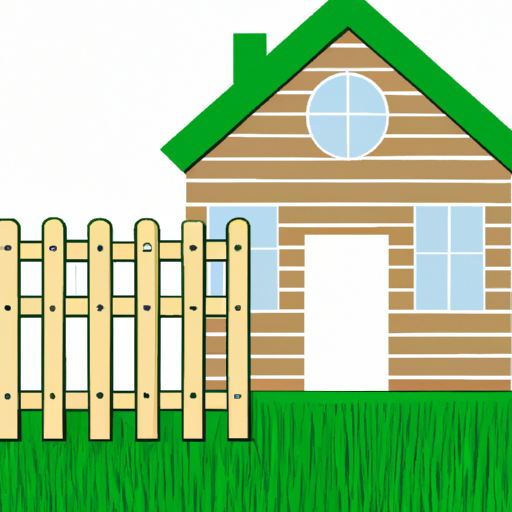
Have a Clear Vision of What You Want
Having a clear vision of what you want when negotiating a better home price is critical to success. Without a clear vision, you may find yourself second-guessing your decisions and feeling confused or overwhelmed. A clear vision gives you a roadmap and helps you stay focused on the goal.
Before you even begin negotiations, ask yourself what type of home you want, what features you want it to have, and how much you are willing to pay. Once you have a general idea of what you want, it’s time to get specific. Do some research and find out what types of properties are available in the area, and what the average prices are. This will help you create a realistic budget.
When you have a clear vision of what you want, you’ll be able to determine what you are willing to negotiate and what you are not willing to compromise on. This will help you avoid making decisions that you regret later. It will also give you the confidence to stand your ground and negotiate the best deal.
When it comes to negotiating a better home price, having a clear vision of what you want is essential. It will help you create a realistic budget, determine what you are willing to negotiate, and give you the confidence to stand your ground. If you take the time to do your research and create a clear vision of what you want, you’ll be well on your way to a successful negotiation.
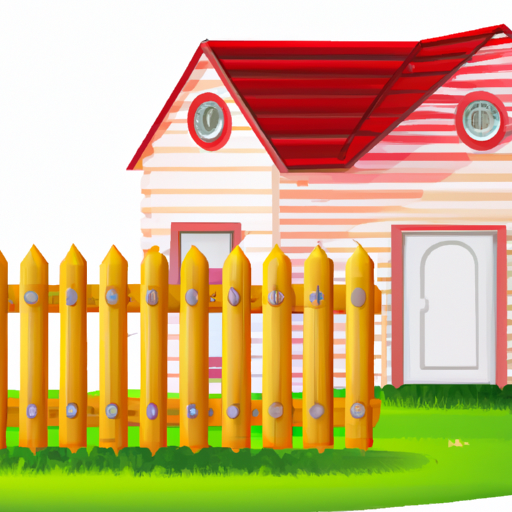
Make an Offer Based on Facts
When it comes to negotiating a better home price, one of the best strategies is to make an offer based on facts. This means understanding the local market, researching comparable homes in the area, and being able to back up your offer with numbers.
When starting your negotiation, you should be aware of the home’s current market value. This means researching the typical home prices in the area and knowing what the home is worth. It’s also important to look at comparable properties that have been sold in the area recently and to factor in any repairs or upgrades that the home may need.
Having this information in hand is crucial because it will give you the confidence to make an offer based on facts. When you’re making an offer, you should include a realistic price and explain why it’s fair. For example, you could say that you’re offering a certain price because it’s the median price for similar homes in the area with comparable features.
It’s also important to be flexible with your offer. You should be willing to negotiate and make counteroffers until you and the seller come to an agreement. When negotiating, it’s important to keep your emotions in check and focus on getting the best deal possible.
When making an offer, it’s also wise to consider the seller’s needs. For example, if they’re in a hurry to move, you could offer to close the sale quickly in exchange for a lower price. If they’re looking for stability, you could offer a longer term contract with a lower monthly payment.
Making an offer based on facts is a smart strategy for negotiating a better home price. It will give you the confidence to make a fair offer and the flexibility to negotiate. By doing your research and being aware of the seller’s needs, you’ll be in a better position to get the best deal possible.
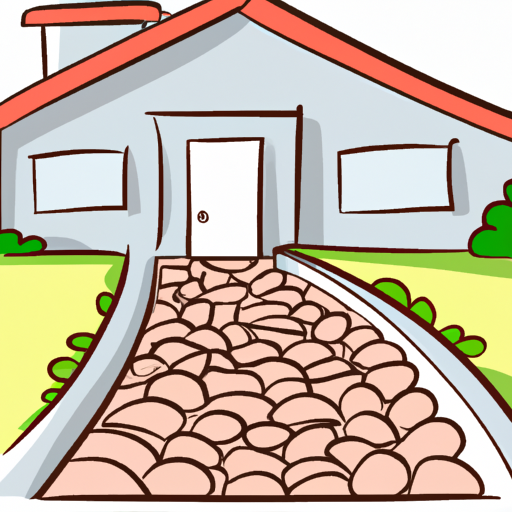
Be Persistent and Patient
Negotiating a better home price is a challenge, but it is possible. There are some smart strategies that you can use to make sure you get the best deal. One of the most important strategies is to be persistent and patient. When it comes to negotiating a better home price, the key is to remain patient and not give in to the temptation to take the first offer you get.
It may take a few back-and-forth negotiations before you get the deal you want. It is important to remember that the seller also has their own objectives and motivations, so don’t be discouraged if you don’t get the price you want right away. Remain committed to your goal and don’t be afraid to make a counteroffer.
Be prepared to walk away if the seller is not willing to negotiate. The seller may be more willing to negotiate if you show that you are serious about getting a good deal. Don’t be afraid to let the seller know that you are willing to walk away if the price isn’t right.
It is also important to have the right mindset when negotiating a better home price. You should approach the negotiation with a positive attitude and remain open to compromise. Have realistic expectations of what you can achieve and be willing to work with the seller to find a price that works for both of you.
When negotiating a better home price, it is also important to be prepared. Research the local area and look at comparable properties to get an idea of what a fair price is. Have all the relevant documentation ready – such as proof of income, credit score, and financial statements – to show that you are a serious buyer.
Take your time and be patient. Don’t rush the negotiation process and be prepared to take some time to get the deal you want. Be persistent, stay focused on your goal, and be prepared to walk away if the seller is not willing to negotiate. With the right strategy, you can get a great deal on your new home.
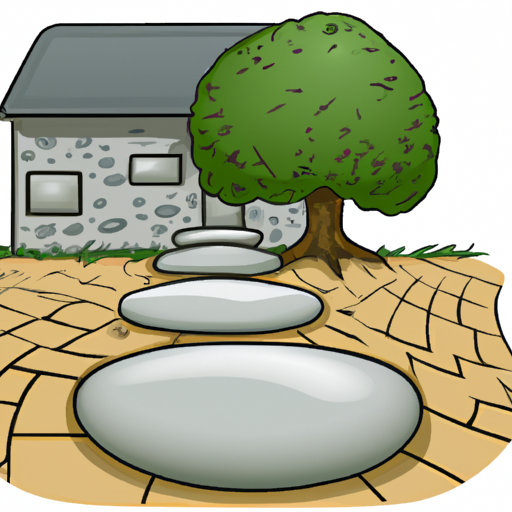
Be Ready to Walk Away
Negotiating a better home price can be a difficult process, particularly when you’ve found a property you love. But even when you’re in the middle of a bidding war, it’s important to remember that you can always walk away. Doing so isn’t the same as giving up – having the confidence to step away can often be the best negotiating strategy of all.
First and foremost, it’s important to remember that there are always other properties out there. Just because you’ve found one that you think is the perfect fit, it doesn’t mean that it’s the only one. If you’re not getting the price you want, you can always keep looking.
Second, it’s important to know your boundaries. When you’re negotiating a price, you should know exactly how far you’re willing to go. Don’t be afraid to set a limit and stick to it – if the other party isn’t willing to meet your demands, it’s okay to walk away.
Third, it’s important to remain calm and collected. Negotiations can often be intense, but it’s important to keep your emotions in check. If you start to feel overwhelmed or frustrated, take a step back and remind yourself that walking away is always an option.
Fourth, it’s important to keep a positive attitude. Even when you’re negotiating a price, it’s important to remember that you’re ultimately trying to find a home that meets your needs. Don’t let your emotions get the best of you – remain focused on the positive aspects of the home and the negotiation process.
Finally, it’s important to remember that walking away doesn’t mean you’ve failed. In fact, it can often be the best negotiating strategy of all. By being ready to walk away, you’re sending a clear message that you’re not willing to compromise on price. In some cases, this may be the push the other party needs to come down to a price that works for you.
At the end of the day, being ready to walk away is a smart negotiating strategy. Knowing your boundaries and having the confidence to step away can be the key to getting the best possible deal on the perfect home.
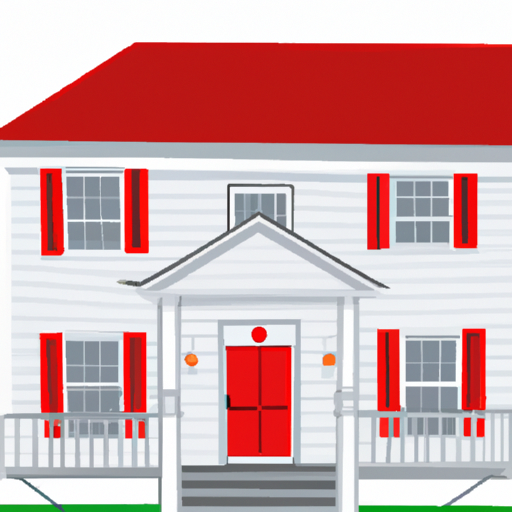
Be Willing to Compromise
Negotiating a better home price can be a stressful process. It requires both creativity and diligence to get the best deal possible. One of the most important strategies to remember is to be willing to compromise. It’s a give-and-take situation that requires both parties to be flexible and willing to negotiate.
Compromise means coming to an agreement that both parties are satisfied with, even if they don’t get exactly what they wanted. To get the best deal, you must be willing to work with the seller to find a middle ground. Being open-minded and willing to consider different options can make a big difference in the outcome of a negotiation.
When negotiating, it’s important to determine what is most important to you. You might be willing to compromise on the price if you are able to get other concessions, such as closing costs or repairs. Being able to prioritize your needs can help you create a better offer that works for both parties.
It’s also important to be clear about the terms you are willing to accept. Having a clear understanding of what you are willing to agree to can help you come to a more efficient agreement. It’s also important to be prepared to walk away if the seller is not willing to negotiate.
In some cases, it may be beneficial to enlist the help of a real estate agent. A real estate agent can help you determine the market value of the home and can also provide valuable negotiating tips. An experienced real estate agent can help you create a winning offer that works for both parties.
Being willing to compromise is a key element in successfully negotiating a better home price. It can be a challenge to find a middle ground that works for both parties, but with the right strategies and an open mind, it is possible to get the best deal possible. When negotiating, remember to prioritize your needs and be prepared to walk away if the seller is not willing to negotiate. With the right strategies and a willingness to compromise, you can get the best deal possible on your new home.
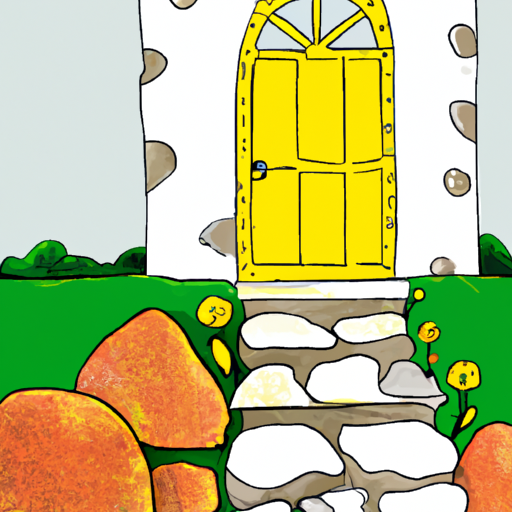
Know Your Bottom Line
Negotiating a better home price can be a daunting task, but it can also be an exciting opportunity to get the home of your dreams for a price that you can afford. Knowing your bottom line is key when it comes to successful negotiation. Your bottom line is the lowest price you are willing to accept for the home. Before you even begin negotiations, it’s important to determine your bottom line.
Start by researching the market and getting an idea of what the home is worth. Look at comparable homes in the area that have recently sold, and use these numbers to establish your bottom line. It’s also important to consider the cost of any repairs and renovations that may be necessary. Once you have an idea of the home’s actual value and the costs associated with any needed repairs, you will have a better idea of what your bottom line should be.
Knowing your bottom line is also important when it comes to creating a negotiation strategy. Be sure to do your research and be prepared to explain why you think your bottom line is fair and reasonable. Be confident in your position and don’t be afraid to stand your ground. It’s also a good idea to practice your negotiation strategy before you start talking to the seller.
Finally, it’s important to remember that negotiation is a process and is rarely a one-and-done situation. Be willing to work with the seller to come to a mutually beneficial agreement. Be prepared to negotiate in good faith, and be willing to compromise if necessary.
Negotiating a better home price can be a daunting task, but with the right strategy and a clear understanding of your bottom line, you can increase your chances of success. Arm yourself with knowledge, be confident in your bottom line, and be prepared to work with the seller to reach an agreement. With the right approach, you can get the home of your dreams at a price that you can afford.
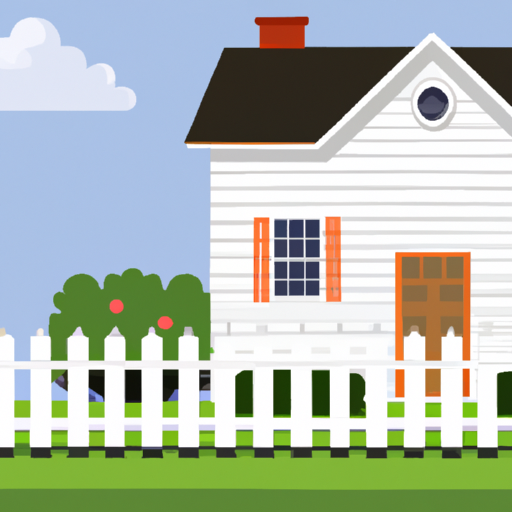
Work with an Experienced Real Estate Agent
If you are looking to negotiate a better home price, one of the best strategies is to enlist the help of an experienced real estate agent. Having a real estate agent on your side can be invaluable when it comes to getting the best price possible on a new home. They have knowledge of the local market, know the best negotiating strategies, and can be a great resource to have when it comes to making decisions about a home purchase.
Real estate agents can provide you with insight into various aspects of the home buying process, from the initial offers to the final closing. They can also provide you with research on comparable prices and neighborhoods, helping you get a better understanding of the market. Additionally, real estate agents have access to a wide array of properties and can help you find one that meets your needs and budget.
When selecting a real estate agent, it is important to choose someone who is experienced in the local market. This ensures that they have an understanding of the current market conditions, as well as an understanding of the types of homes that are available in the area. Additionally, it is important to work with someone who offers a good level of customer service. Working with a qualified real estate agent who is willing to go above and beyond to help you get the best deal possible is essential.
Once you have chosen a real estate agent, it is important to communicate with them clearly and be open to their suggestions. Be sure to discuss your needs and budget thoroughly with the agent, and be sure to discuss the details of each offer. This will help the agent to better understand your needs and negotiate the best possible deal for you.
Real estate agents can also help you with the details of a deal, such as inspections and paperwork. They can provide you with valuable advice on what to look for in a home as well as help you understand the details of the closing process. Additionally, they can provide you with information on the financing options available to you.
Finally, working with a real estate agent can be beneficial in other ways. They can provide you with insight into the local market, help you find the right home for you, and can provide you with resources to help you negotiate a better home price. With the right real estate agent, you can rest assured you’ll get the best deal possible on your new home.


